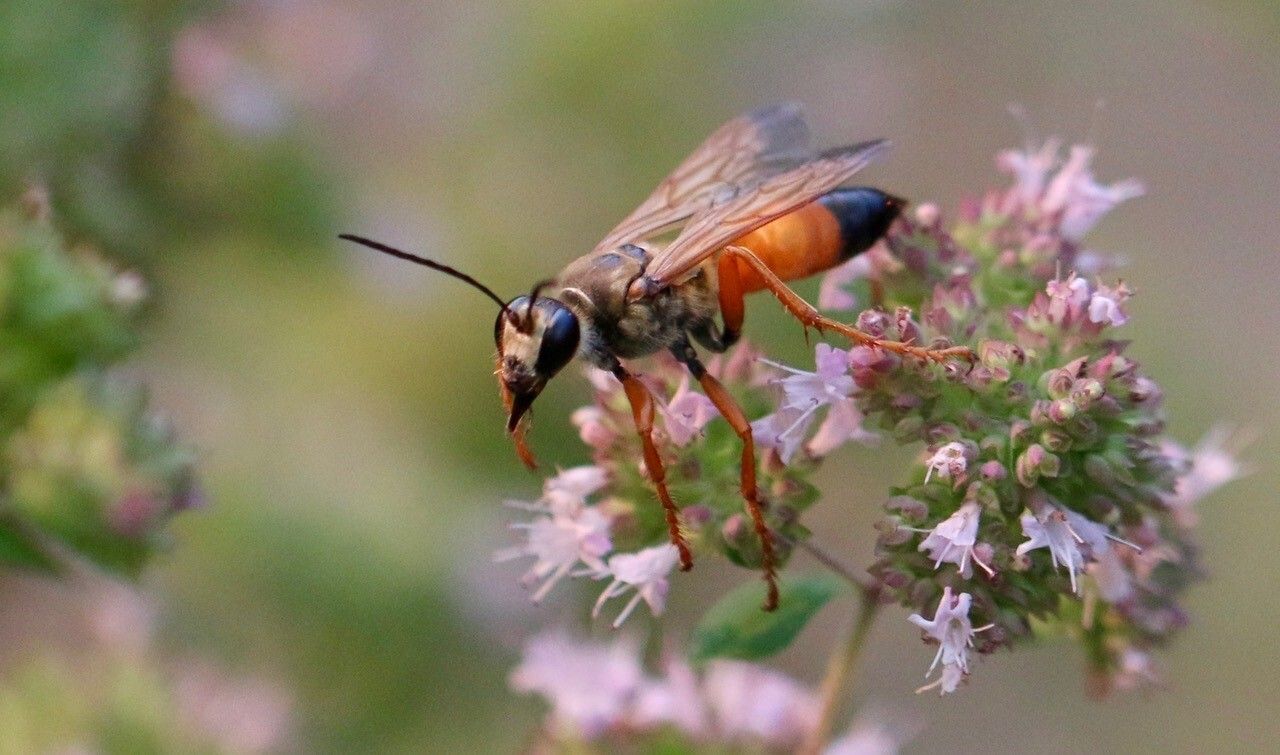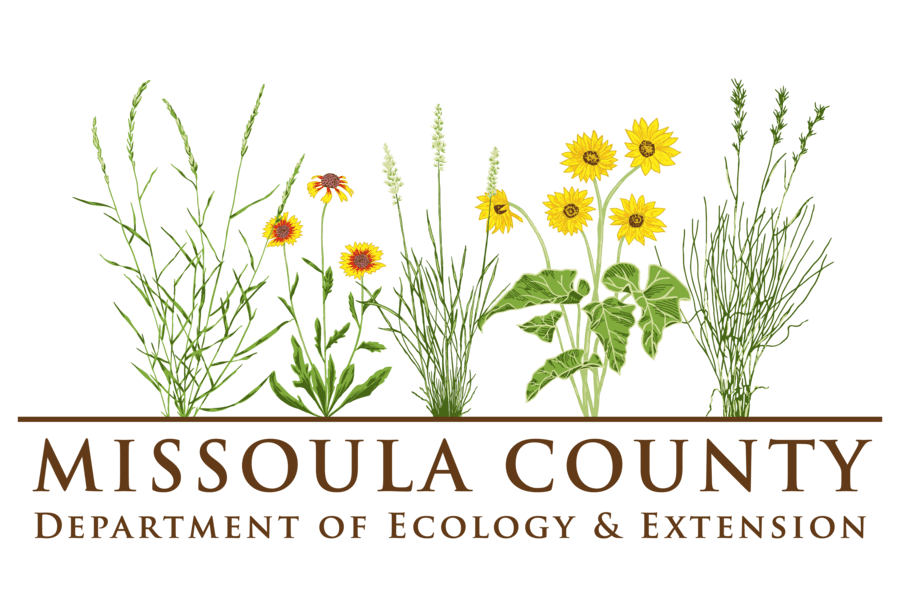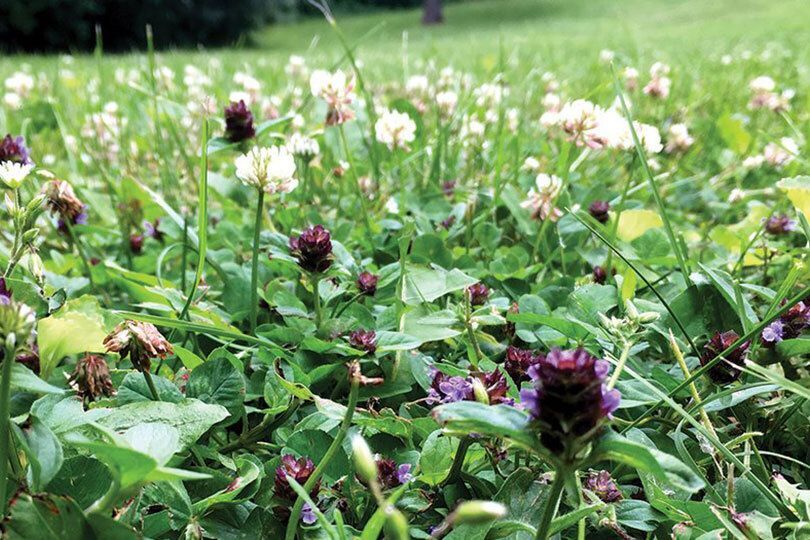
National Pollinator Week is almost here and the Missoula County Department of Ecology and Extension and the Missoula Conservation District want to celebrate with you! During the week of June 17-23, we have a diversity of events and activities planned for you to learn about and protect these important creatures that sustain our ecosystems in western Montana and beyond. Help us plant the Pollinator Garden, build a bee hotel, learn about the Montana Bumble Bee Atlas, and celebrate the 75th Anniversary of the Missoula Conservation District among other things. See our schedule of Pollinator Week events below!
Pollinator Week is an opportunity to raise awareness about pollinators and spread the word about how we can protect them. Pollinators are crucial to life on earth as we know it. Around 85% of flowering plants and nearly half of our agricultural crops require a pollinator to set seed and reproduce. Bees are our most important and recognizable pollinators, and over 230 species of native bees have been documented in Missoula County. Of course butterflies, flies, moths, beetles, wasps, hummingbirds, and sometimes bats play a role in pollination.
Pollinators are facing a LOT of challenges. Habitat loss, introduced parasites and diseases, pesticide exposure, invasive species, and climate change all contribute to insect declines around the world. In Montana, one of our most common and widespread bumble bees, the Western bumble bee, has declined over 50% in the last 25 years. And many butterfly populations in the western US are in steep decline across much of their ranges. This is bad news for all of us in terms of effects on our food security and our natural environments.
Fortunately, there is a lot that ordinary people can do to support and encourage pollinators! Cities and towns can be a refuge for a surprising diversity of native bees and other beneficial insects. If you start thinking of your yard, garden, patio or even your apartment balcony as potential pollinator habitat, you can practice “backyard conservation” and help protect these vital insects.
Here are some simple actions that anyone can take to support pollinators:
1. Plant native plants! Our native pollinators have evolved with native plants. Not only are native plants adapted to our local climate and soils, but they provide the right kind of nutrition for native pollinators.
2. Avoid pesticides! There are many pest management options that are effective and nontoxic. If you decide to use a pesticide, make sure you’ve correctly identified your pest and follow the label directions to minimize exposure to bees and other pollinators. Visit the Plant Clinic or call the Plant Clinic hotline at (406) 258-4213 with any garden and pest questions!
3. Create habitat! Leave some areas of your yard natural or messy. Consider including features like a brush pile, dead wood, or small patches of bare ground to provide shelter and nesting sites for bees and butterflies.
4. Participate in citizen science! Join a citizen science program like the Montana Bumble Bee Atlas, or take pictures of your pollinator observations and upload them to iNaturalist. These platforms not only help you identify the pollinators and other organisms you encounter, but also generate meaningful data for science and conservation.

